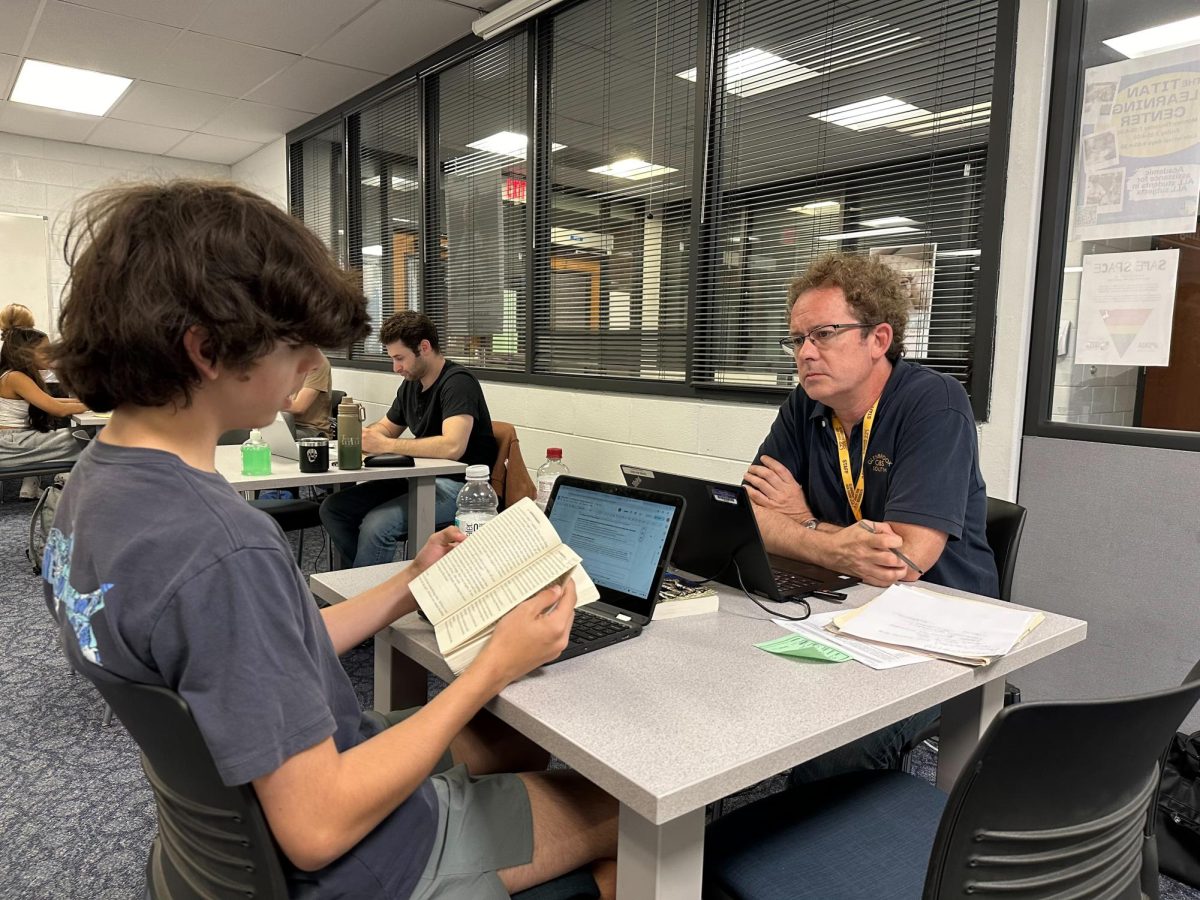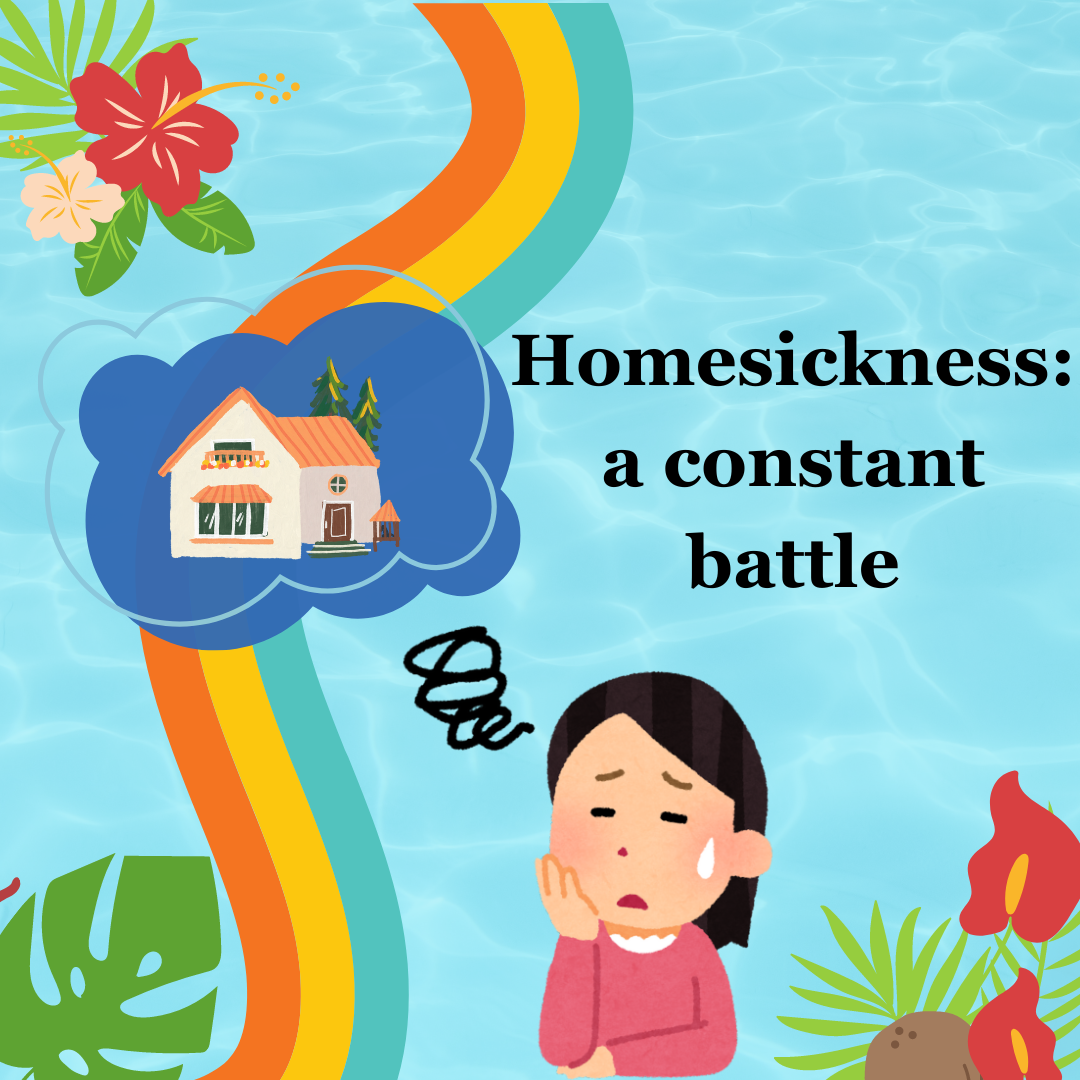“The ballot is stronger than the bullet.”
These words, as enumerated by former president Abraham Lincoln in times of uncertainty of the Civil War, are still upheld today.
Following Super Tuesday, former president Donald J. Trump triumphed in 12 states over Niki Haley, Former Governor from South Carolina, who dropped her campaign after a devastating defeat in the California primary. These events situated within a broader current that would fall on President Joe Biden’s shoulders in his State of the Union address.
As the next election season comes around, a question that is constantly in the minds of high school juniors and seniors is: “Will my voice count?”
In times of quarrel and government gridlock, any interpretation of news could be deciphered. interpreted as “against bipartisanship.” Since Baker v. Carr in 1962 declared redistricting illegitimate under the Equal Protection Clause of the 14th Amendment, the United States Supreme Court began to be intertwined in politics, but not to the extent of contemporary polarization and partisanship.
The leading Republican candidate for the 2024 Presidential Election, Donald J. Trump, has faced a charge under Section incorrect citation 3 of the Fourteenth Amendment that could keep him permanently off the ballot due to being involved in an “insurrection.” The petitioners, including former Texas solicitor Jonathan Mitchell, knew that interpreting the law on its face value would have been detrimental since the Constitution clearly stated its intentions. Recently, the Court, with Associate Justice Coney Barrett writing the concurring opinion for Trump v. Anderson, argued, in a 9-0 decision, that states do not possess the power to wilfully remove candidates from local ballots, which underpinned the distinction between politics and law; rather than a debate about a 100-year-old Amendment, the case followed the freedom of speech.
Trump’s Writ Of Certiorari, a formal letter of intent to the Court, outlined that Colorado’s decision would “unconstitutionally disenfranchise millions of voters in Colorado and likely be used as a template to disenfranchise tens of millions nationwide.”
Even if the public has perceived the case as finished, there are still open-minded questions left to discuss whether former presidents could be prosecuted for their actions in office. Fundamentally, the court is unsure of how to interpret what the framers of the founding document meant. It’s aligned on whether or not the president should appear as a candidate in November.
The court made the right choice by turning the national temperature down in a volatile election season, where differences are less important than unanimity. As stated in Justice Ketanji Brown Jackson’s concurring opinion, the Court ought not to be mandating political doctrines that overshadow the textualism of the Constitution.
The direct impact is on South’s seniors, who get to choose their candidate for the first time on March 19 in the primary since, shortly, they might choose to run for office and comprehend the judiciary’s role in politics.
It is evident that the case, regardless of its outcome, will set a dangerous precedent and be the last proverbial straw placed on an already polarized election process. Since November of 2023, The New York Times reported that Trump was leading in nearly all of the battleground states and, in 2024, gained by a margin of nearly 2 percent over Biden, whose political capital began to decline. Not only was it necessary and proper to let the former president become the next nominee, but it was a linkage between maintaining executive power in times of uncertainty.
In a landscape where officials can decide who or what does not stay on the ballot, the lack of national standards becomes the new standard. However, the idea that an individual’s right to choose a representative is hindered in this new world, where the Supreme Court decided that the ballot for Americans nationwide is one to be wary of.











